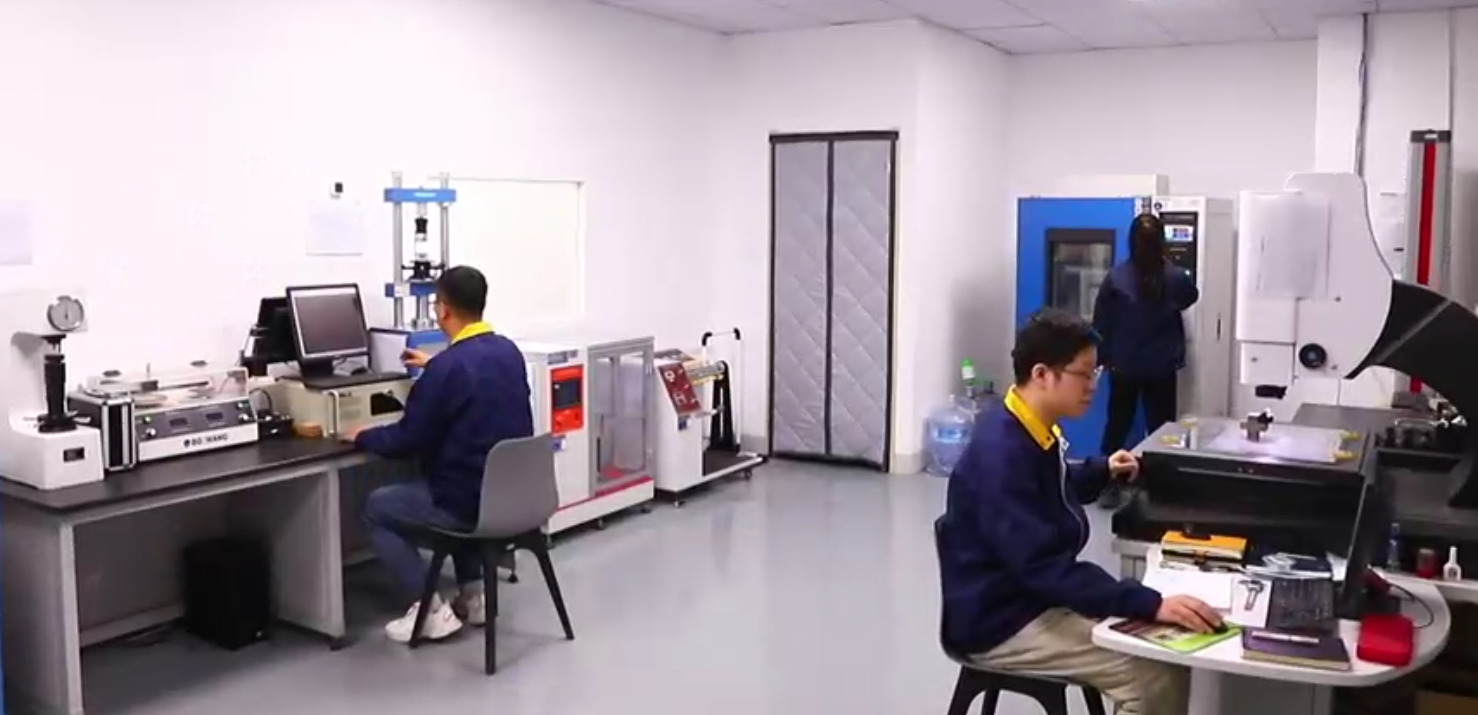_1737358192_WNo_1600d900.webp)
Introduction: What Are Solar Panel Connectors?
Solar panel connectors are vital components in any photovoltaic (PV) system. These connectors are responsible for linking solar panels to various system components, such as inverters, batteries, and other panels, ensuring the safe and efficient transfer of energy. Whether you're new to solar energy or looking to understand how your system works, understanding solar panel connectors is key to making sure your installation operates smoothly and safely.
1. The Role of Solar Panel Connectors in PV Systems
Solar panel connectors serve as the bridge between the solar panels and other parts of the solar power system, such as the inverter, batteries, and charge controllers. These connectors are crucial for transmitting the electrical energy generated by the solar panels to the inverter, where it is converted into usable electricity. Without reliable connectors, the entire system’s efficiency could be compromised, and safety could be at risk.
When installed properly, solar connectors help maintain consistent energy flow while protecting against issues like short circuits, water ingress, and loose connections. Their durability and reliability are essential for the long-term performance of your solar system.
2. Types of Solar Panel Connectors
There are several types of solar panel connectors commonly used in the industry, each designed to meet different system requirements. Some of the most popular connectors include:
-
MC4 Connectors: The most widely used connector in the solar industry, known for its reliability, easy installation, and secure locking mechanism. MC4 connectors are perfect for most residential and commercial solar systems.
-
T4 Connectors: A more advanced connector used primarily in large-scale solar installations. T4 connectors offer higher current ratings and enhanced durability, making them ideal for high-capacity systems.
-
MC3 Connectors: An older version of the MC4 connector, typically used in early solar systems. While still functional, MC3 connectors are less common in new installations due to their lower efficiency.
-
Quick Connectors: These connectors prioritize ease of installation, allowing for quick connections and disconnections in temporary or mobile solar setups.
Choosing the right connector depends on your specific installation needs, including system size, environmental conditions, and required current ratings.
3. How Do Solar Panel Connectors Work?
Solar panel connectors function by securely linking solar panels together in series or parallel configurations, allowing the electrical current generated by the panels to flow into the inverter. Here’s how they work step-by-step:
-
Connection: The solar panel connectors are attached to the terminals of each solar panel, forming a reliable connection between the panels and other system components. These connectors ensure that the current flows correctly from one panel to another.
-
Locking Mechanism: To prevent accidental disconnections, solar connectors feature a locking mechanism that ensures a firm connection. For example, MC4 connectors have a click-lock feature, which provides a tactile confirmation that the connectors are secure.
-
Waterproofing and Durability: Solar connectors are designed to withstand harsh environmental conditions. Most modern connectors are waterproof, dustproof, and resistant to UV rays, ensuring that they perform well in all weather conditions, from rain to intense sunlight.
-
Electrical Transfer: Once connected, the solar panel connectors allow the electrical energy generated by the solar panels to flow safely and efficiently to the inverter, where it is converted into usable electricity for the home or business.
By using the right connectors, you can ensure that your solar system operates safely and efficiently, minimizing the risk of power loss and system failure.
4. The Benefits of Using High-Quality Solar Panel Connectors
Using high-quality solar connectors offers several key benefits:
-
Reliable Performance: High-quality connectors ensure that the energy transfer from the solar panels to the inverter is stable, reducing the risk of energy loss or system malfunctions.
-
Enhanced Safety: Reliable connectors reduce the chances of electrical hazards, such as short circuits or fires, that could arise from poor connections.
-
Durability: Premium connectors are built to withstand harsh weather conditions, ensuring long-term performance in outdoor environments.
-
Compliance with Standards: Top-tier connectors are often certified by recognized organizations, such as TUV, UL, and CE, assuring you that they meet global quality and safety standards.
5. Why Choose HANDA for Your Solar Panel Connectors?
At HANDA, we provide a wide range of solar connectors that meet the demands of both residential and commercial installations. Our connectors are designed to be highly reliable, easy to install, and compatible with various solar panels and inverters. Here’s why HANDA is the best choice for your solar connector needs:
-
Diverse Connector Models: We offer MC4, T4, AC, DC, COM, and energy storage connectors to suit different types of solar systems.
-
High-Quality and Certified Products: All of our connectors meet international standards, with certifications like ISO9001, TUV, UL, CE, and CSA.
-
Customized Solutions: We provide custom connectors with wire harnesses tailored to your specific installation needs.
-
Fast and Reliable Delivery: Our in-house manufacturing facilities allow for quick production and delivery times.
-
Competitive Pricing: HANDA offers top-tier connectors at affordable prices, ensuring you get the best value for your investment.
Choose HANDA for high-quality solar connectors that you can trust to power your solar system safely and efficiently.
Conclusion: Choosing the Right Solar Connector for Your Installation
When setting up your solar power system, choosing the right solar connectors is essential for ensuring optimal performance and safety. While MC4 connectors are ideal for most residential and commercial installations, other options like T4 connectors may be more suitable for larger systems. Make sure to select connectors that are reliable, durable, and certified to meet the requirements of your solar setup.
Ready to enhance your solar installation with high-quality connectors? Contact HANDA today to learn more about our range of connectors and how they can improve your solar power system’s performance.
.png)

.png)


.png)
.png)
.png)
.png)

_1737358192_WNo_1600d900.webp)


